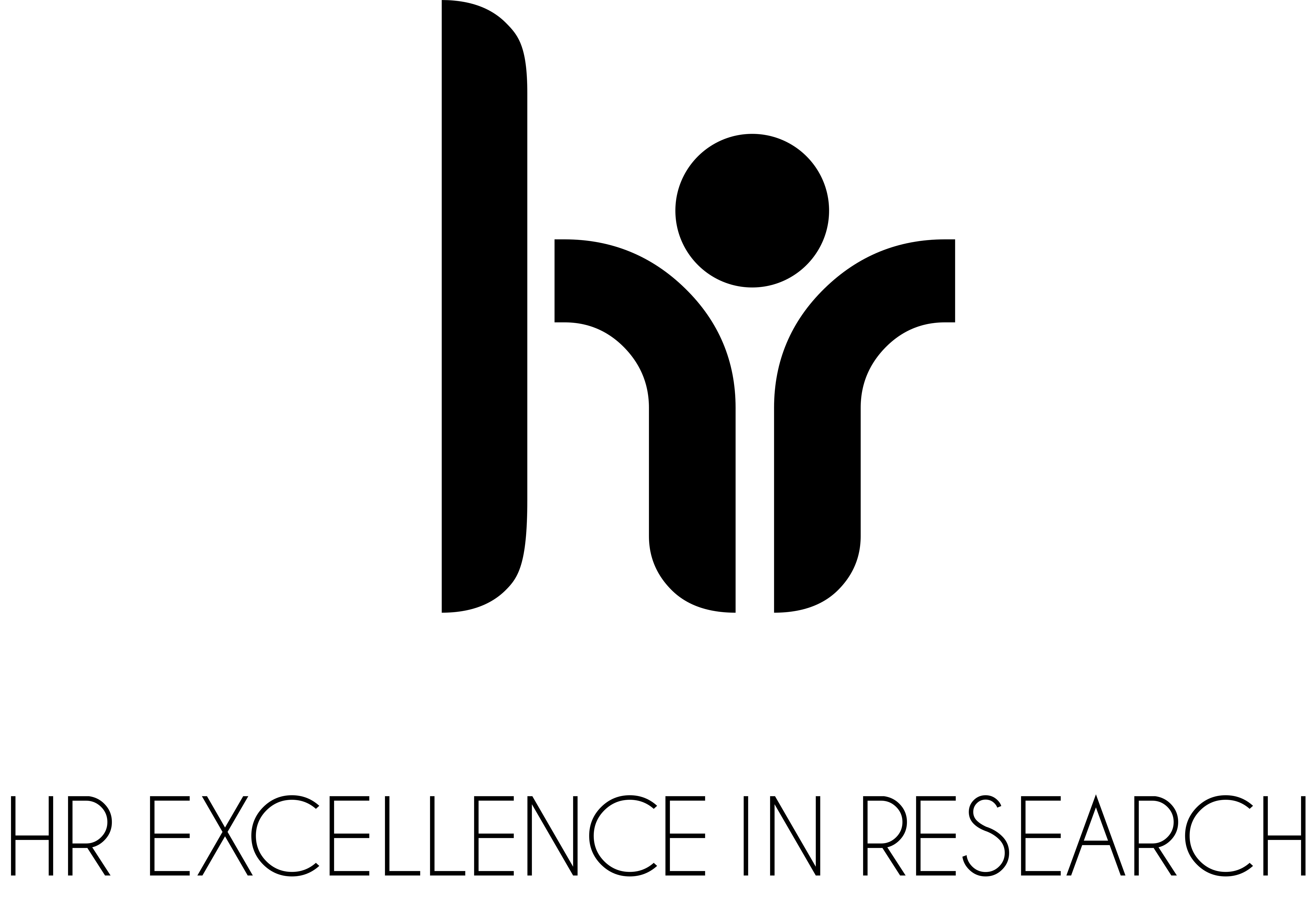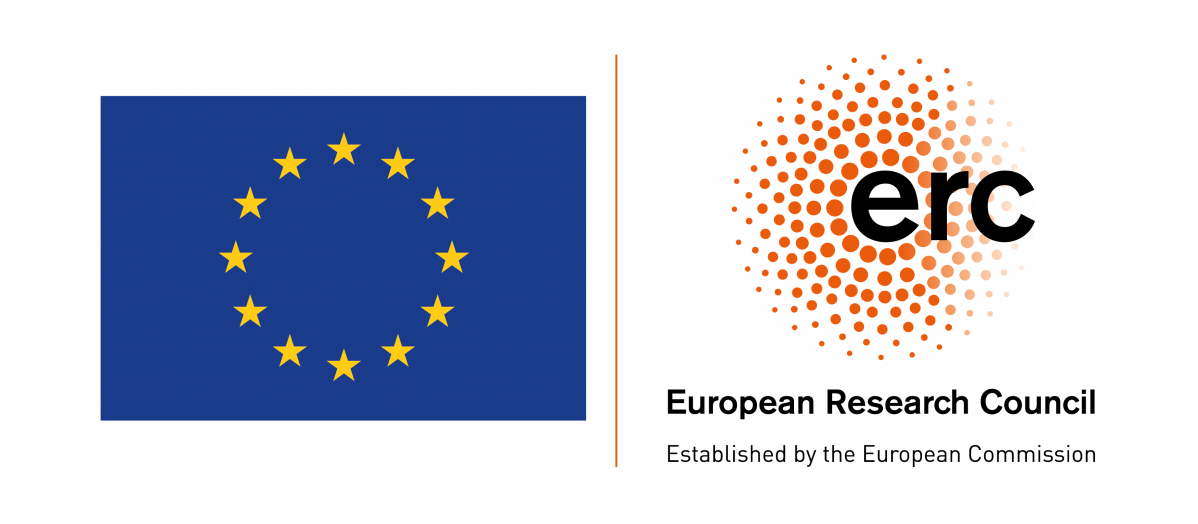Program
program pdf
Only relatively recently have historians become more aware of the inadequacy of dominant national frameworks, presuppositions of cultural homogeneity and territorial rootedness. The study of movements, flows and circulations across borders is not only now attracting increased attention but also often seems an outward necessity and at the same time a useful tool to destabilize the established lines of historical interpretation.
The long underestimated complementary perspective of people and objects in motion entails certain problems that now seem of more pressing relevance than before. This workshop encourages scholars to explore what impact various forms of mobility had on record keeping and artefact preservation. What materials did administrative authorities and institutions produce to document and discipline people in motion? How did historical actors themselves take the initiative to leave traces, frame their experience, justify their causes and gain support? Did the records produced by people on the move reach archives via the established administrative channels or did they follow rather unusual paths? What other items (such as books or images) moved along with people and how did they reach present-day collections? Was the communication axis between homeland(s) and host land(s) of fleeting or rather of long-lasting nature?
What possibilities and limits of interpretation do these sources pose? What questions do they raise and what analytical categories can be particularly useful in tackling them? Moreover, how do we extract knowledge from historical records in the age after the linguistic turn, which questioned the referentiality of our sources? How do we access the lives of migrants on the basis of material that is often fragmentary or highly narrative, formulaic and repetitive? How do we reconcile these cognitive restraints with the need to have the voices of displaced people heard, represented and recognized?
The workshop invites scholars to address these shared problems of both pragmatic and epistemological nature, which result from travelling, dispersed or fragmentary archives (in the broad sense of the word). Explicit reflections on archival, conceptual and methodological challenges can provide valuable insights into the historian’s craft and the ways individual scholars work.





